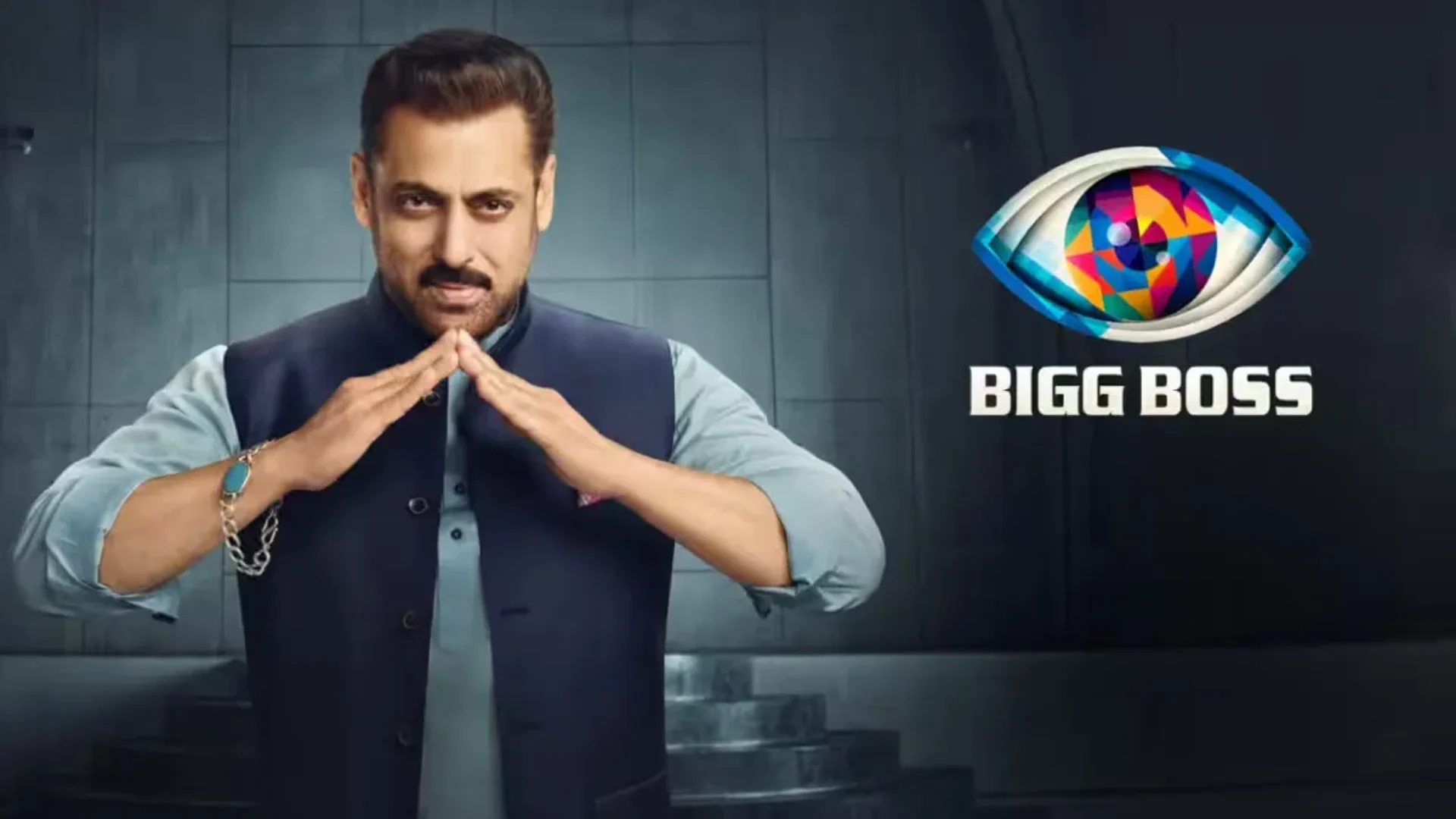In a deeply emotional episode of Bigg Boss 19, actress Ashnoor Kaur opened up about her long-standing struggles with body-image issues and an eating disorder — and received heartfelt support from actor Rohan Mehra. His backing, along with that of several other voices, highlights how serious the conversation around body shaming has become on national television.
Ashnoor’s Emotional Confession: Fighting Inner Battles
Ashnoor candidly shared that she has battled body-image worries since she was 14 years old. She revealed that, under pressure, she used to starve herself, dealing with real eating-disorder tendencies.
She explained that her hormonal imbalance causes her body to bloat in stressful environments — something she’s struggled to control despite maintaining a healthy routine. She also said she lost about 9 kg before entering the Bigg Boss house, but stress and scrutiny caused her body to react in a way that she couldn’t manage.
During the confrontation, host Salman Khan expressed disappointment over comments made by housemates, calling them “unacceptable.” His intervention offered a powerful reminder: mocking someone’s appearance is not merely part of “game play” — it’s harmful.
The Backlash: Body Shaming Sparks Outrage
The remarks made by Tanya Mittal, Neelam Giri, and Kunickaa Sadanand triggered a wave of outrage among viewers. On the show, they allegedly made derogatory comments about Ashnoor’s weight, using terms like “haathi” (elephant) and questioning her fitness despite her regular workouts.
Many fans were vocal on social media about how damaging and insensitive such comments can be.
Celebrities didn’t hold back either: Jannat Zubair, a close friend of Ashnoor, slammed the criticism, stating that “a person’s body is not public property for jokes and opinions.”
Gauahar Khan also weighed in, calling out the body-shaming behavior as rooted in insecurity — and defending Ashnoor’s dignity.
Rohan Mehra’s Strong Stand for Respect
Perhaps one of the loudest voices in support was Rohan Mehra, who publicly condemned the body-shaming. On his social media, he wrote:
“Body-shaming is unacceptable. What happened to @ashnoorkaur03 today was wrong and needs to be called out. Respect and kindness should be the bare minimum. Shame on you, Kunickaa, Neelam, and Tanya.”
Mehra’s words resonated with many, especially because he and Ashnoor share on-screen history from their earlier TV days — adding a deeply personal touch to his support.
Why This Moment Matters
-
Breaking the silence: Ashnoor’s confession pulls back the curtain on how eating disorders and body image issues can affect even public figures.
-
Accountability on screen: The backlash against body shaming in a reality show highlights how such behavior is no longer brushed off as “just drama.”
-
Mental health awareness: By speaking out, Ashnoor encourages others to acknowledge and address their own struggles with self-image.
-
Public support matters: When celebrities like Rohan Mehra and Jannat Zubair defend someone in distress, it sends a strong message that kindness and respect can – and should – prevail.
What Viewers Can Learn from This
-
Self-acceptance is powerful: Ashnoor’s openness about her journey shows that acknowledging pain is the first step toward healing.
-
Words matter: Teasing or mocking someone’s appearance isn’t harmless — it can deeply affect their mental health.
-
Support counts: Speaking out against body shaming, whether publicly or privately, helps normalize empathy.
-
Reality TV has a responsibility: Producers and hosts should be mindful of how sensitive topics like this are portrayed, and address them responsibly.
Final Thoughts
Ashnoor Kaur’s heartfelt revelation on Bigg Boss 19 is a turning point — not just for her, but for the larger conversation around body image and mental health in reality TV. Rohan Mehra’s support amplifies the importance of kindness and respect, showing that real strength lies in empathy, not criticism.
As this discussion unfolds on and off the screen, it’s a reminder to us all: we must challenge body-shaming whenever we see it, and uplift those who are brave enough to share their stories.









